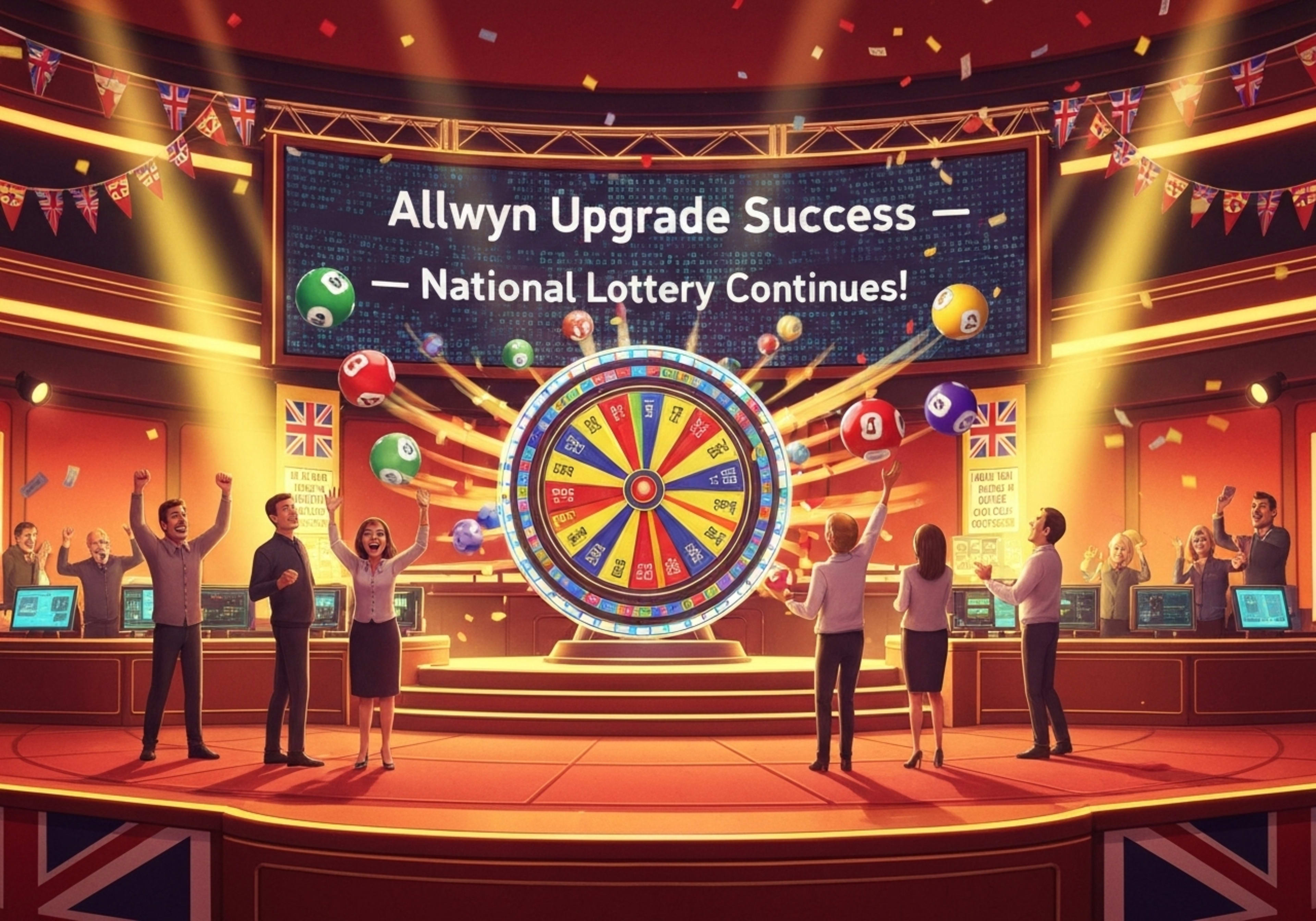UK Gambling Commission Grants Allwyn Extra Time for Lottery Upgrade

Recommended casinos
The UK Gambling Commission has extended the deadline for Allwyn to complete critical technology upgrades to the National Lottery, averting a potential operational halt that could have disrupted services in early 2025. Revealed during High Court proceedings on October 29, 2025, the extension addresses delays in Allwyn's transition plan following its 2022 license award, emphasizing the regulator's priority to maintain continuity in a program that raises £2 billion annually for good causes. This intervention highlights the delicate balance between innovation mandates and operational stability in regulated lotteries, with implications for player trust and charitable funding.
Key Takeaways:
- Risk Mitigation: Without the extension, Allwyn's systems might have failed by February 2025, potentially suspending draws and payouts affecting millions of participants.
- Legal Scrutiny: The decision emerged amid ongoing litigation from unsuccessful bidders, underscoring challenges in lottery license transitions.
- Funding Safeguards: Upgrades aim to enhance digital capabilities, but delays risk shortfalls in contributions to community and heritage projects.
Allwyn, the Czech-based operator that assumed control of the UK National Lottery from Camelot in February 2024, committed to a comprehensive overhaul including new games, improved digital access, and better responsible gaming features. The Gambling Commission's requirements mandated full implementation by late 2024 to align with the 10-year license terms. However, technical hurdles—exacerbated by a prior legal challenge from IGT, Camelot's former technology supplier—pushed timelines, prompting the extension to February 2025.
High Court testimony from commission witnesses, including chief executive Andrew Rhodes, detailed the gravity: failure to meet the original deadline would have "effectively meant no National Lottery" operating, as systems from the legacy provider could not sustain prolonged use. Allwyn's bid had promised £7.5 billion in additional good cause funding over the license period, making uninterrupted service paramount. The extension allows phased rollouts, starting with core draw systems, while Allwyn invests £150 million in upgrades.
This episode reflects broader regulatory pressures in mature lottery markets. The UK National Lottery, launched in 1994, supports over 700,000 causes yearly, but aging infrastructure has lagged behind digital expectations. Allwyn's delays echo issues in other jurisdictions, such as Pennsylvania's i Lottery migrations, where similar extensions preserved revenue streams. Critics, including charity representatives, warn that prolonged uncertainty could erode participation, with sales flat at £8.7 billion in 2024 amid economic headwinds.
The commission's flexibility, while pragmatic, invites questions on enforcement rigor. Under the National Lottery Act 1993, regulators must ensure "best value" for players and society, yet the court heard Allwyn received leeway partly due to a press release breach by a rival bidder. As the trial progresses—potentially deciding damages claims up to £200 million—the focus shifts to Allwyn's execution. Successful completion could unlock innovations like instant-win apps and youth-focused draws, boosting engagement among under-35s, who comprise just 20% of players.
For global peers, this case underscores the need for robust contingency planning in license handovers. With lotteries worldwide contributing $300 billion to public coffers, timely transitions are non-negotiable. The Gambling Commission's approach prioritizes resilience, ensuring the UK's flagship program endures as a funding engine for arts, sports, and welfare.
Sources:








